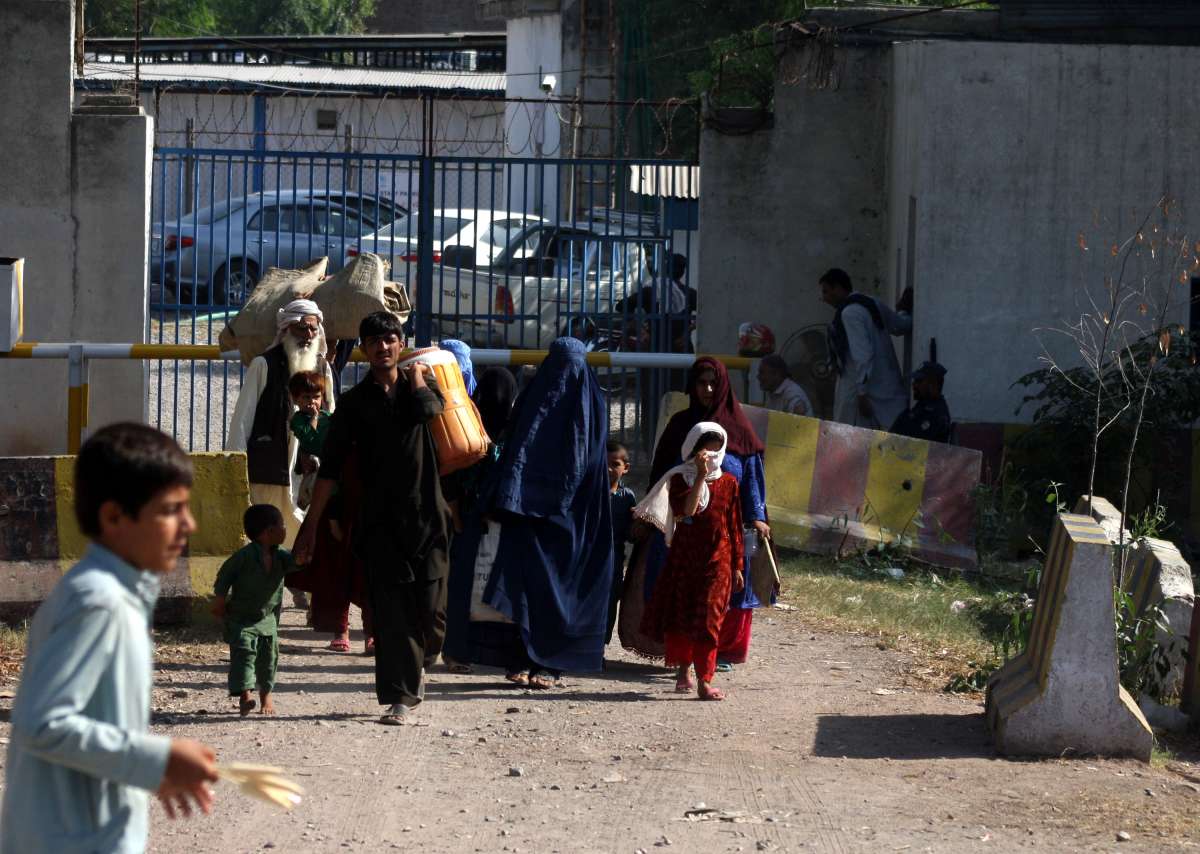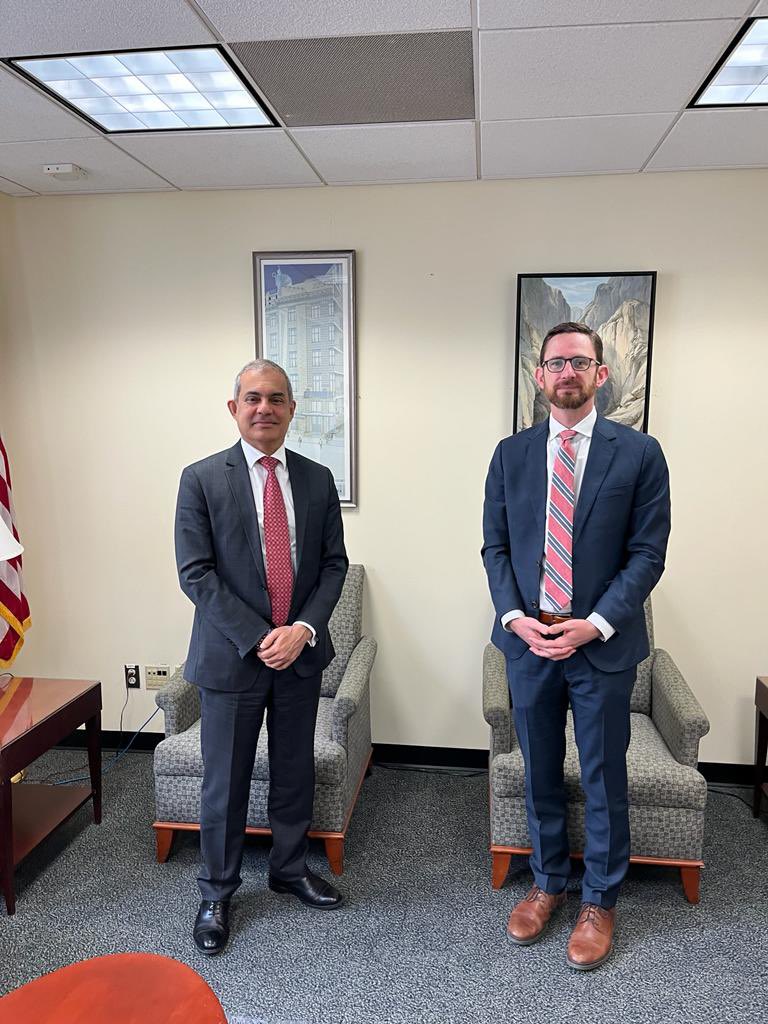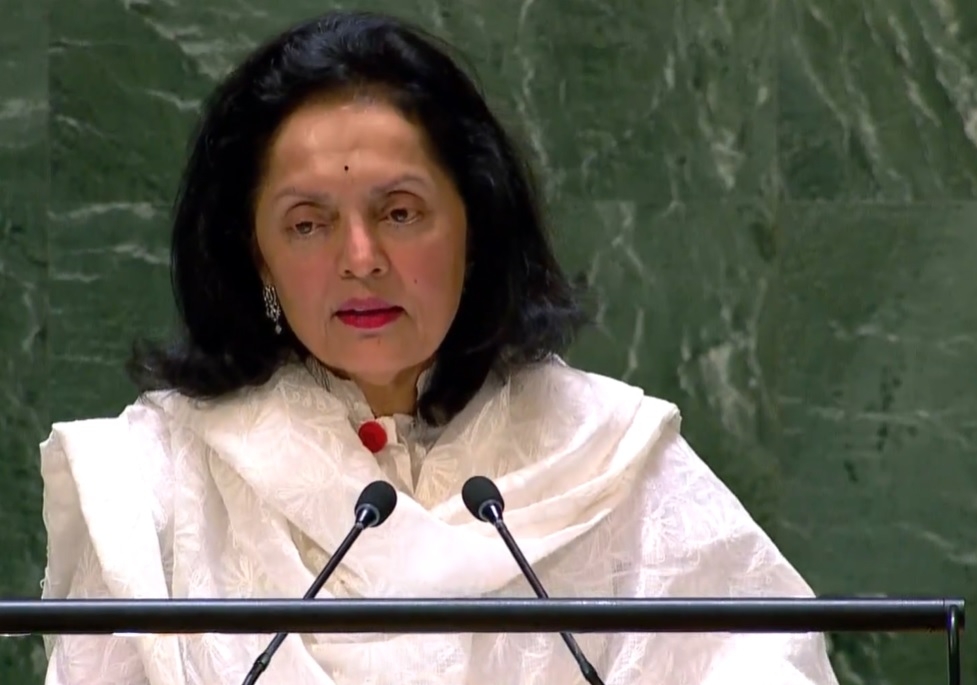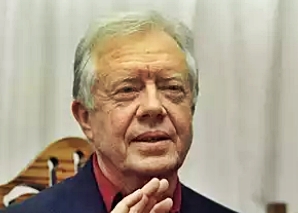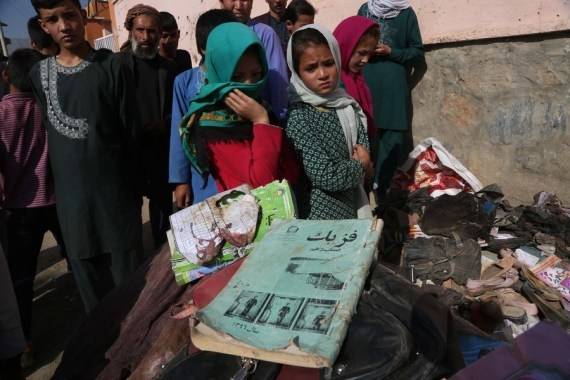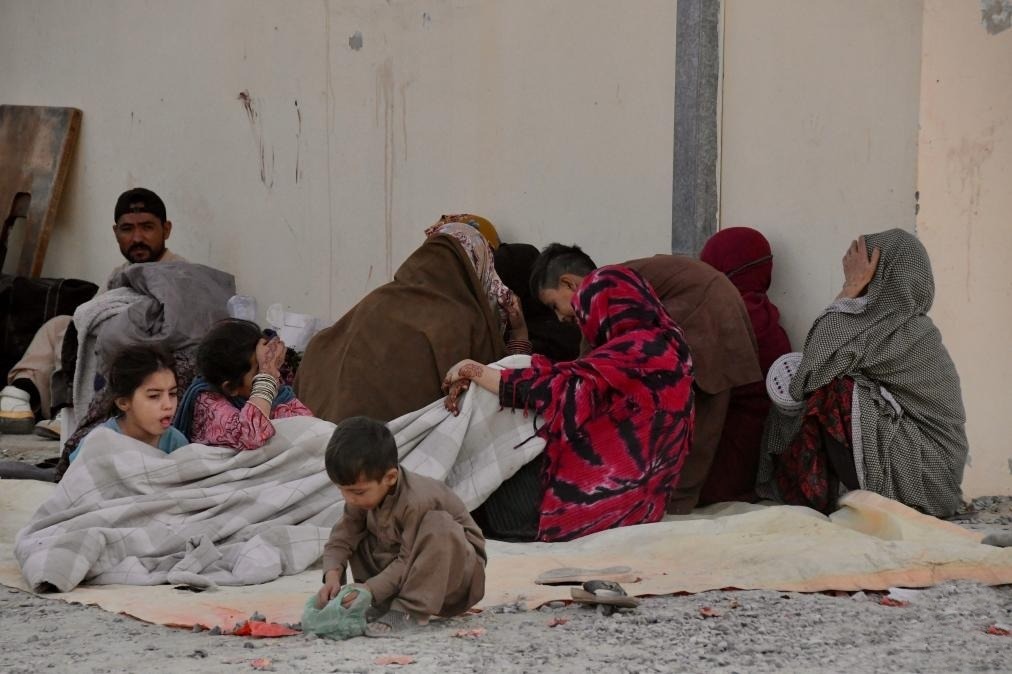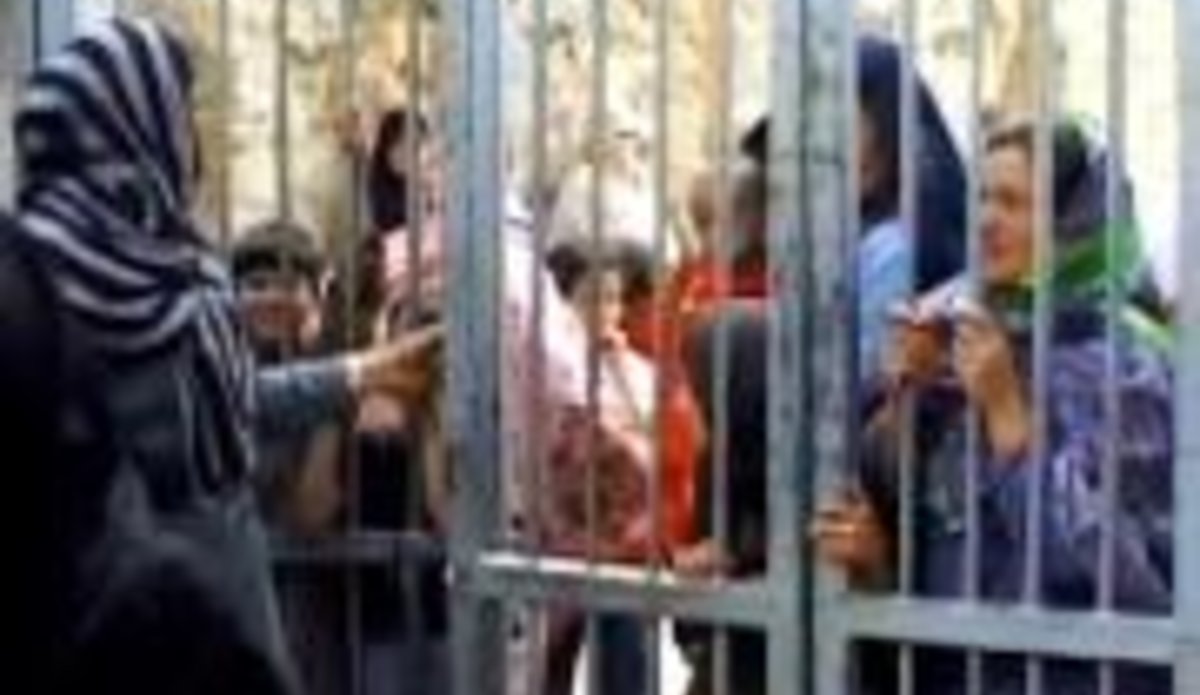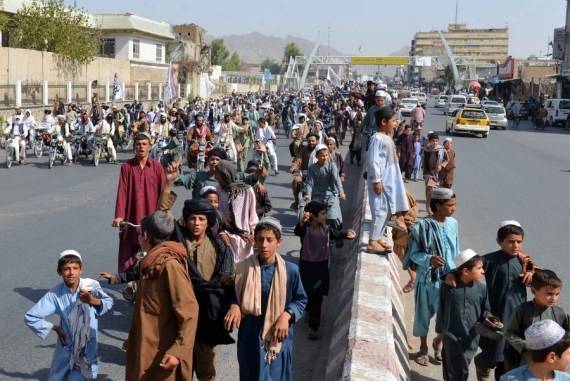As per WHO Director-General Tedros Adhanom Ghebreyesus the country needs USD 185 million to fight against malnutrition…reports Asian Lite News
The World Health Organisation (WHO) has said that over one million children in Afghanistan are facing severe malnutrition, TOLO News reported.
As per WHO Director-General Tedros Adhanom Ghebreyesus the country needs USD 185 million to fight against malnutrition.
He also wrote on X that 30 per cent of the total Afghanistan population faces acute food insecurity.
He said: “Close to 1 million children are severely malnourished and 2.3 million are suffering from moderate acute malnutrition. WHO needs USD 185 million to continue providing medicine and supporting hospitals to prevent more Afghan children and women from dying of malnutrition and the consequences of food insecurity.”
Afghanistan’s Taliban-appointed Ministry of Public Health said that the number of malnourished mothers and children in the country has slightly increased compared to past years.
Six-month-old Amir has been in the nutrition treatment department of Indira Gandhi Children’s Hospital.
Amir’s mother said that he was taken from Kapisa to Kabul for treatment.
“He had inflammation and skin rash, and the doctors said to take him to Indira Gandhi Children’s Hospital. When I took him here they said that he is malnourished,” Amir’s mother said.
“Our economic situation is not good so my child became malnourished and also we can’t eat a good thing and wear a good thing, said Muska, a companion.
According to the doctors of Indira Gandhi Children’s Hospital, the number of malnourished children in Afghanistan has increased compared to past years, and in the winter 20 to 25 malnourished children visited the hospital.
A nurse, Fatima Azimi, said: “Compared to the past year, especially in winter, our patients increased and nowadays 15 to 20 patients are referred daily.”
“For children not to face malnutrition, respectable families should increase the distance between births and observe health guidelines, and our society should be saved from poverty and improved,” said a doctor Abdul Gafoor Rasooli, according to TOLO News. (ANI)
ALSO READ: Imran’s Electoral Future in Jeopardy

